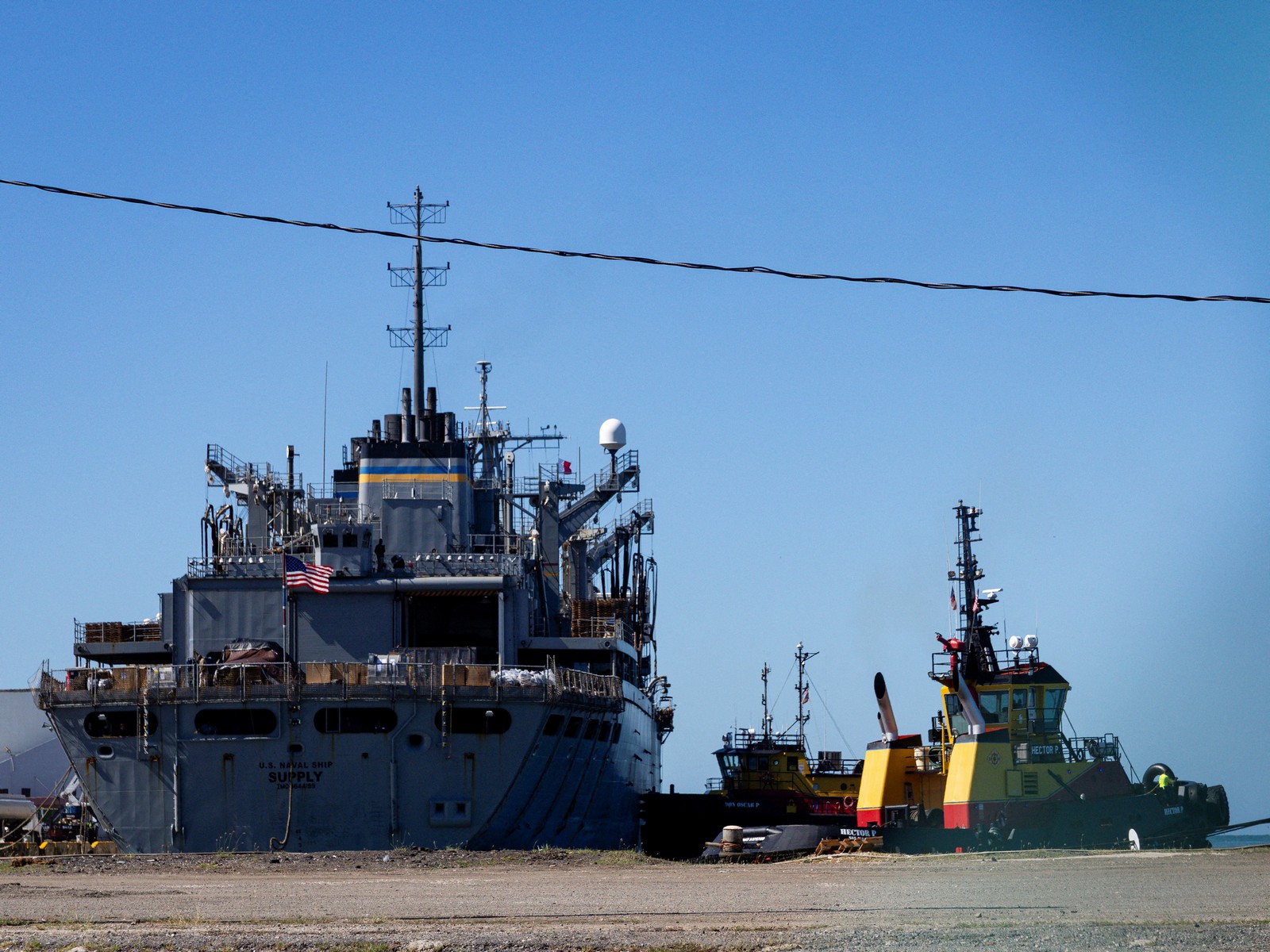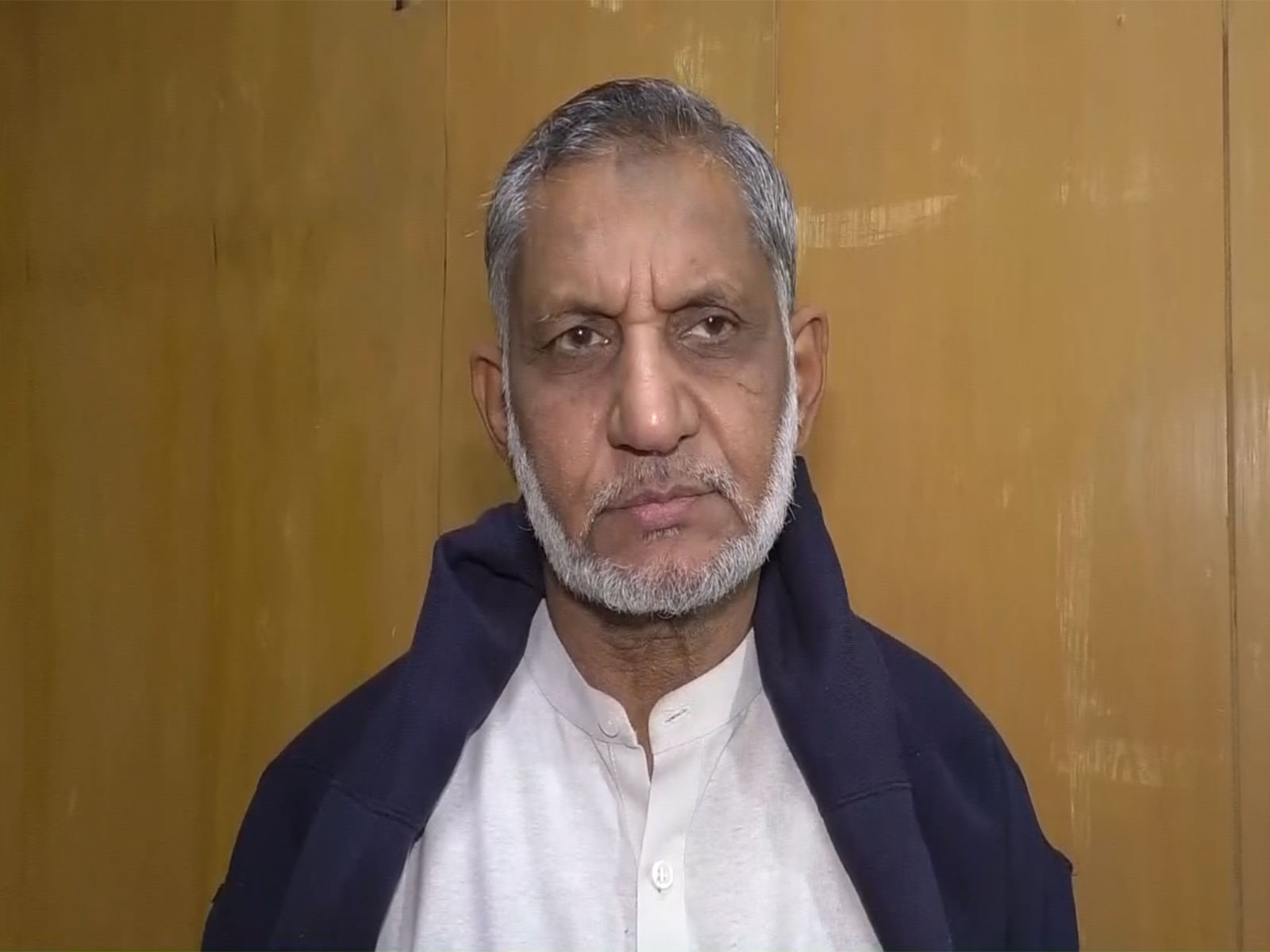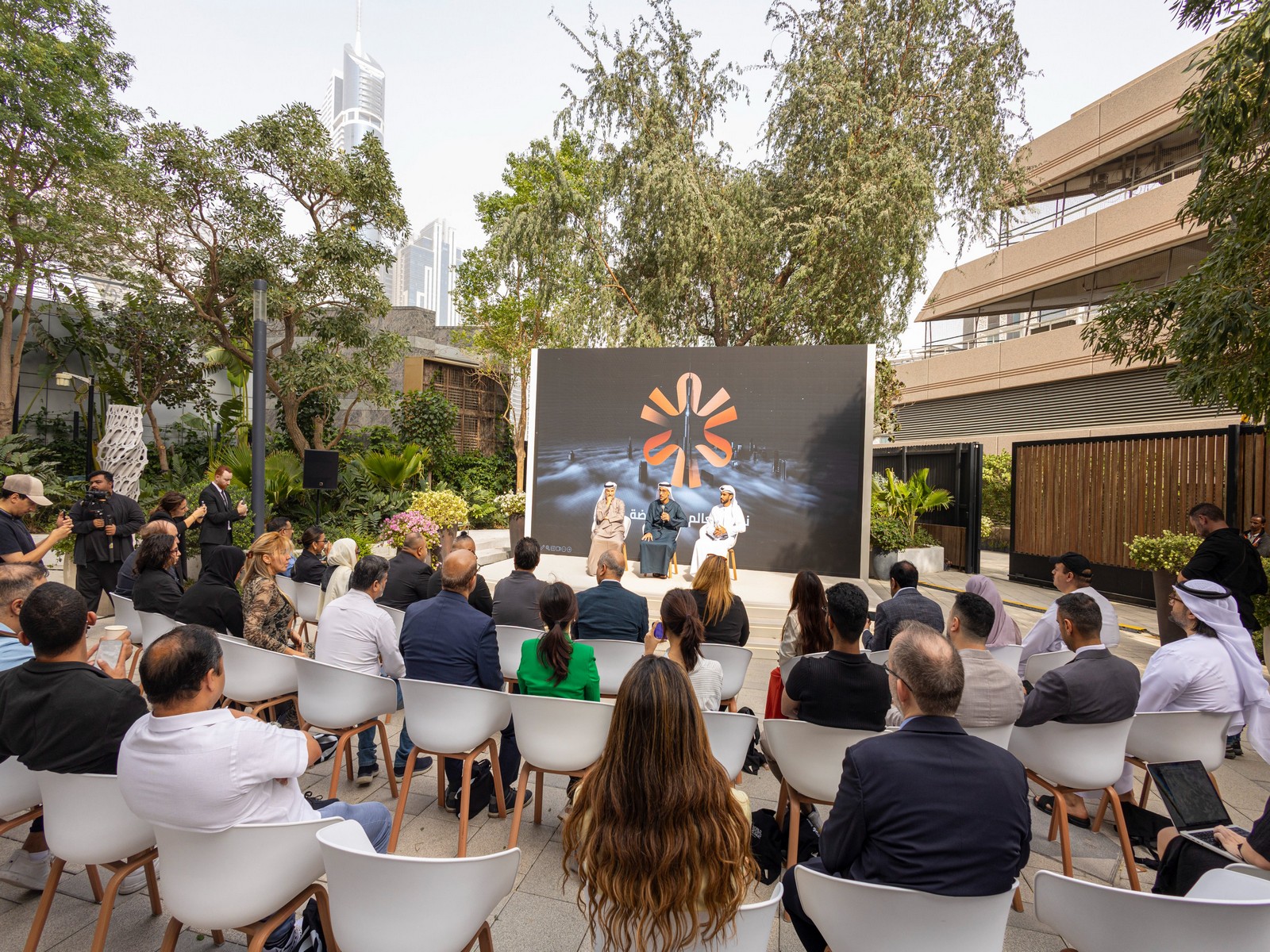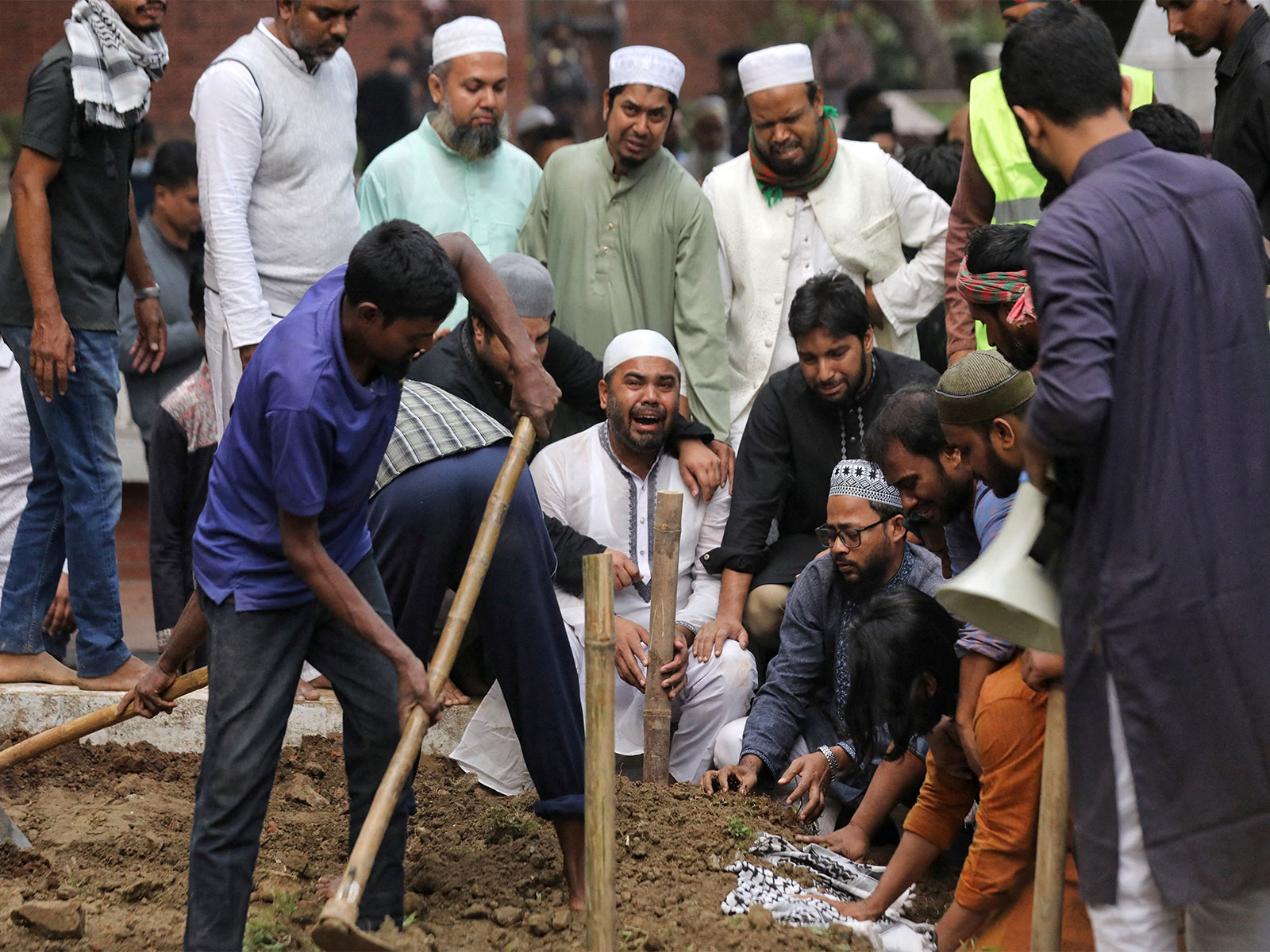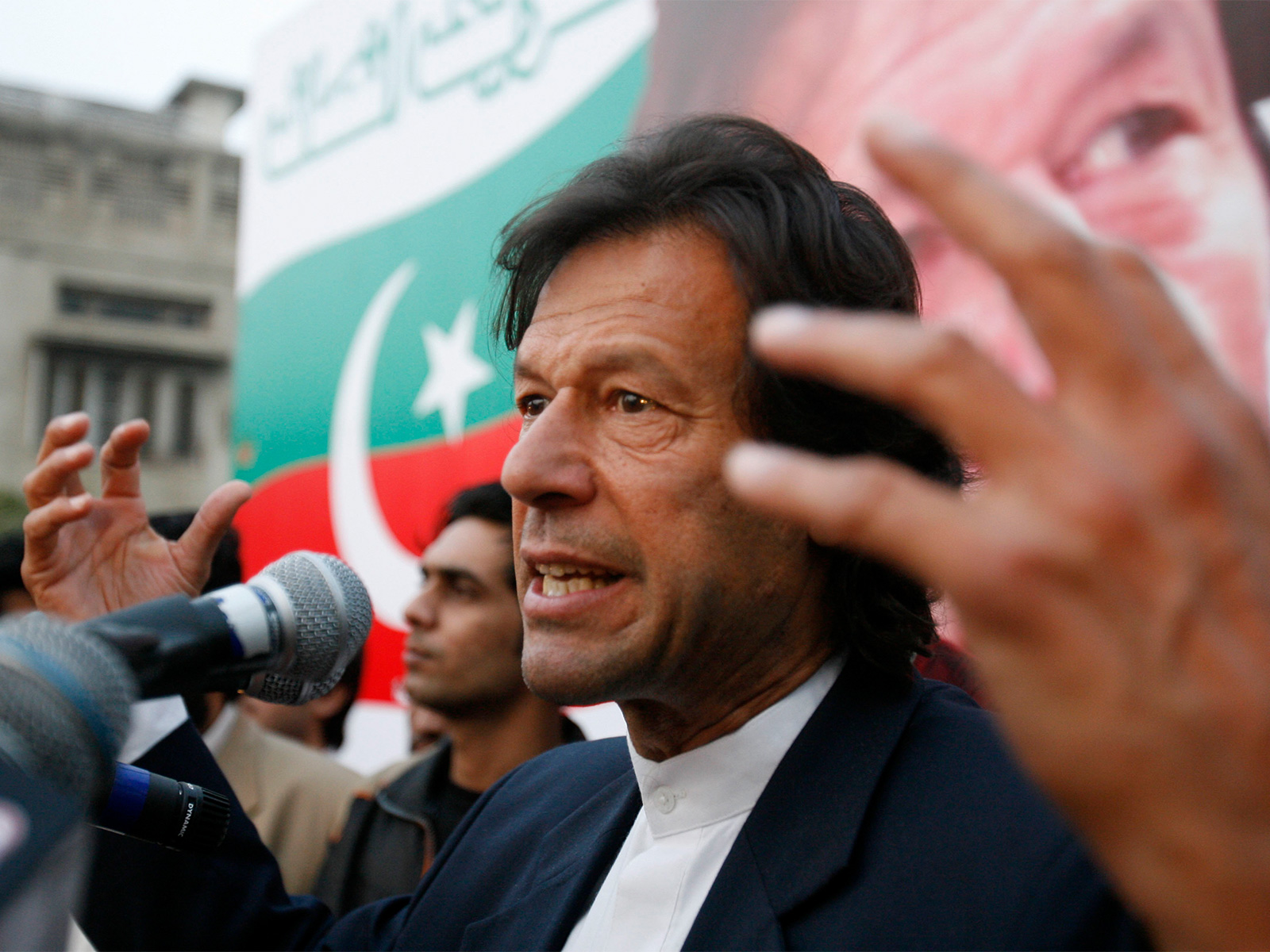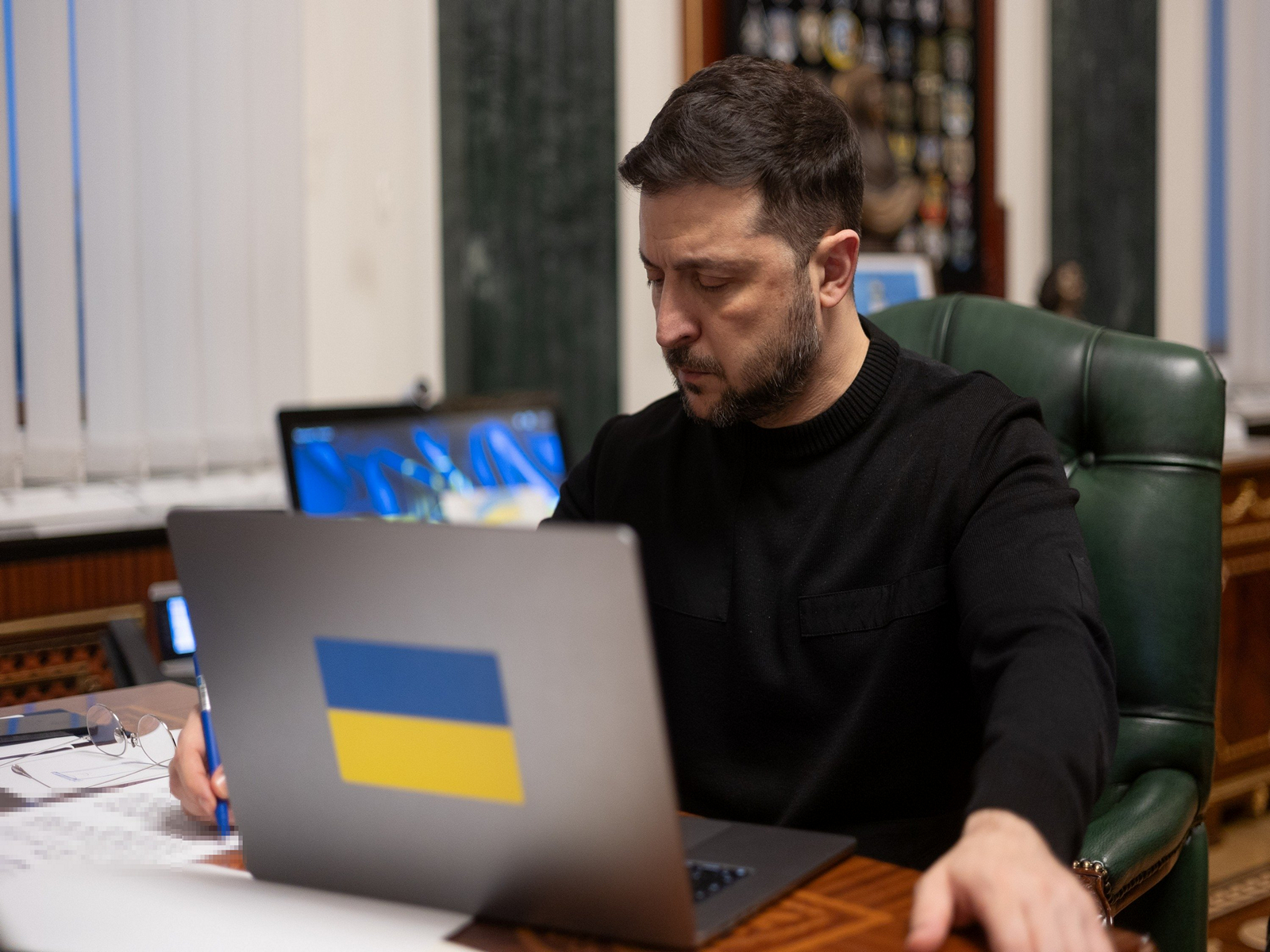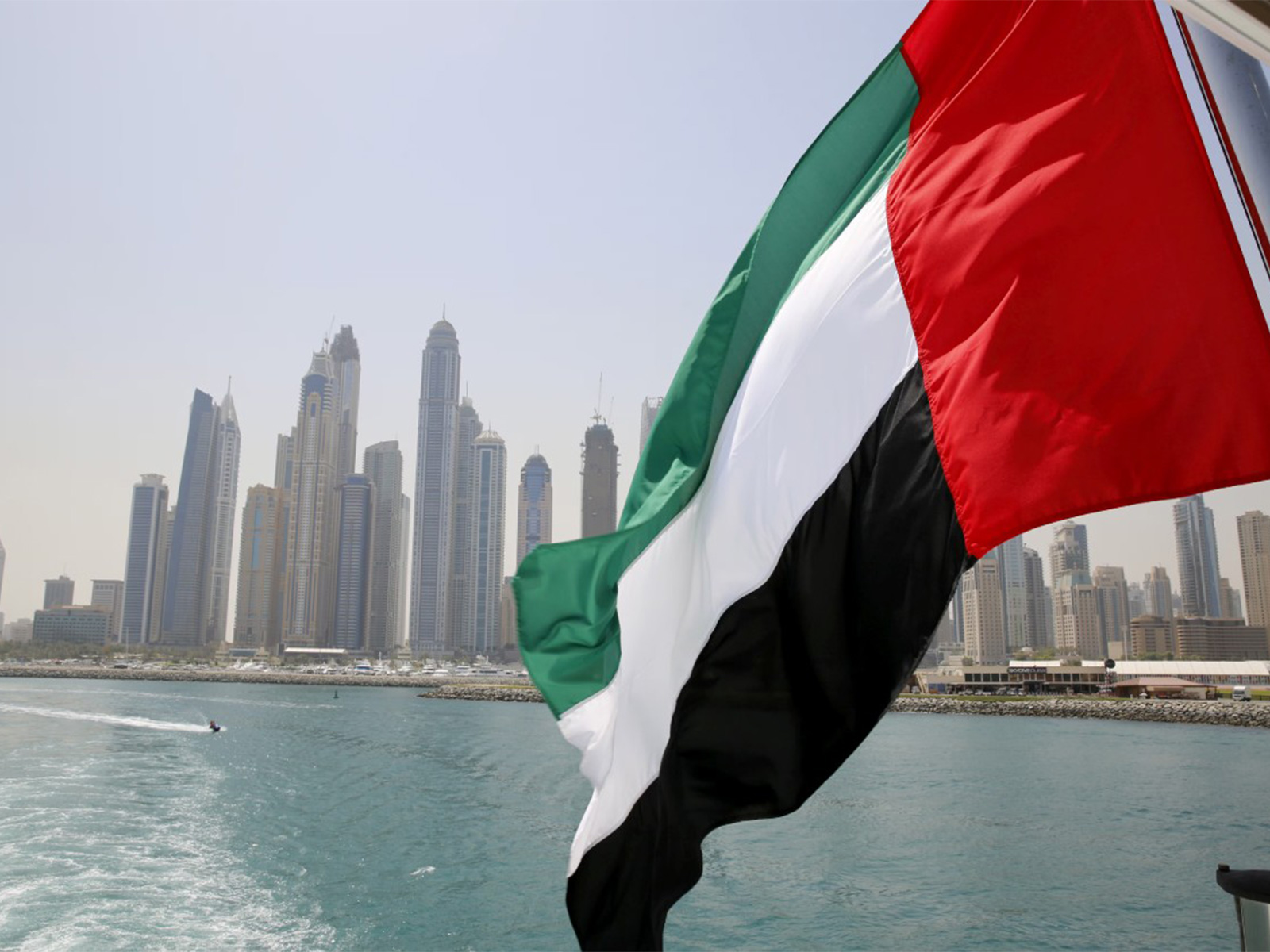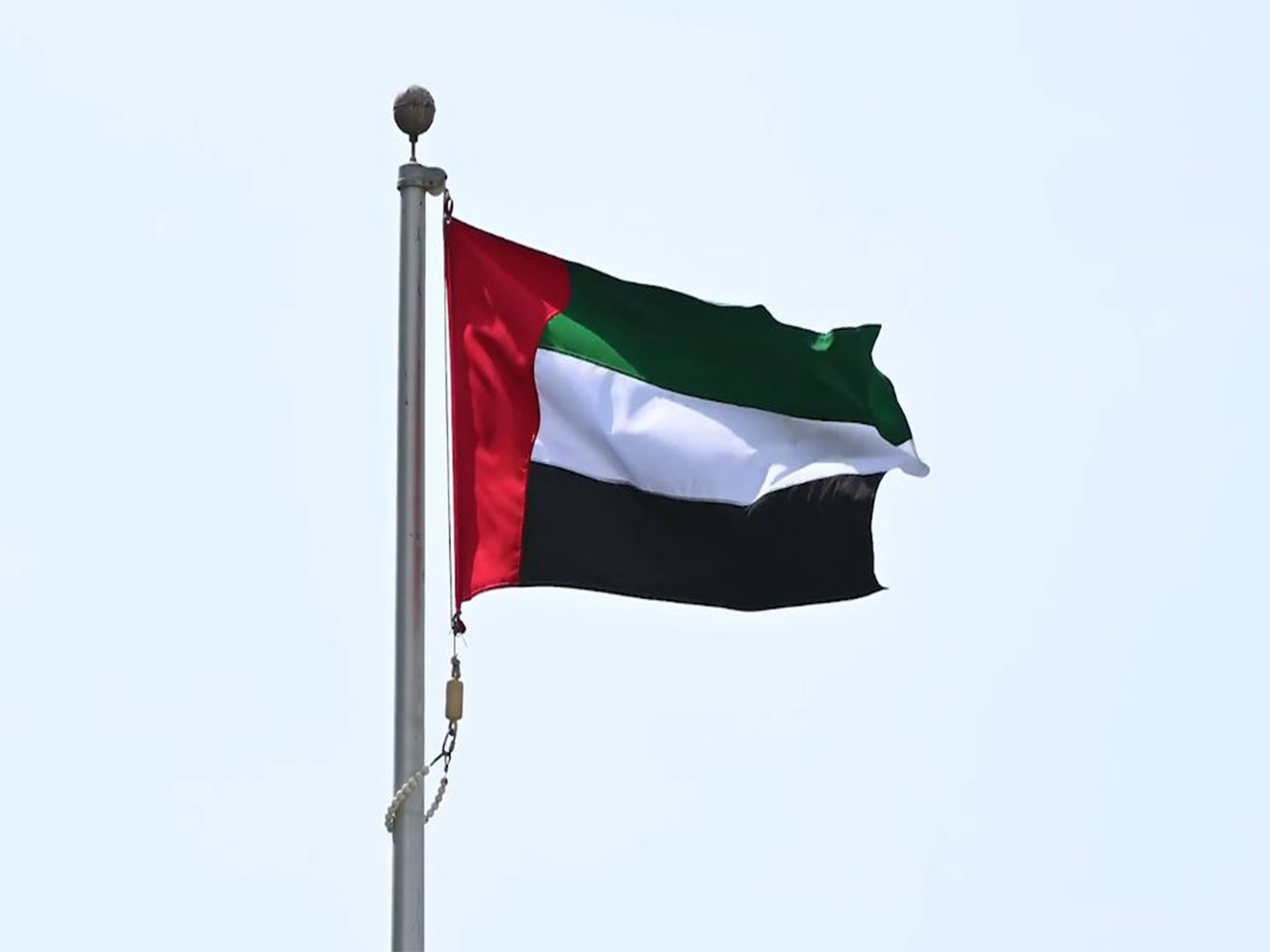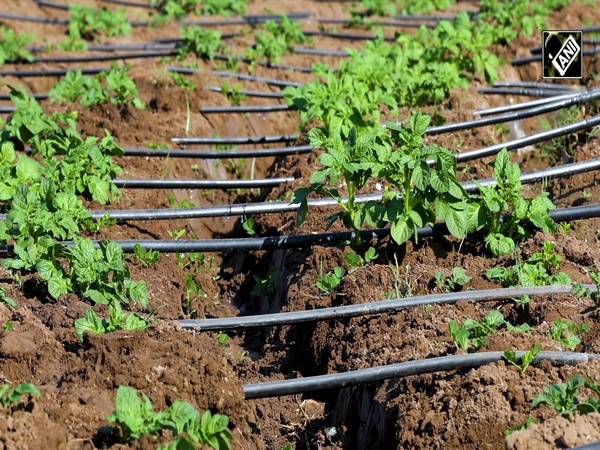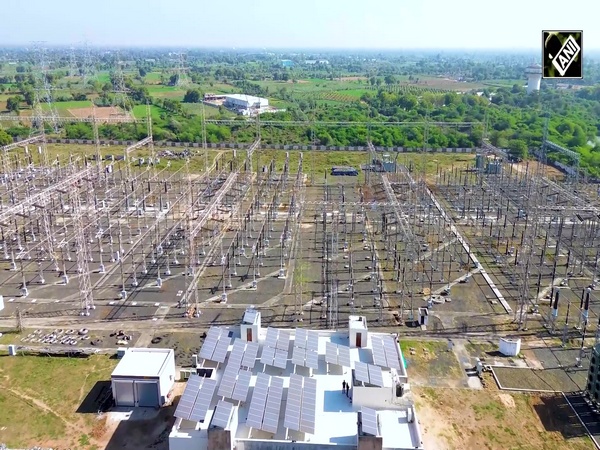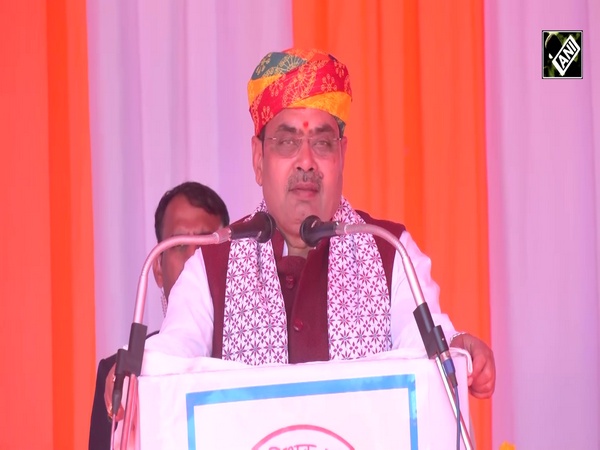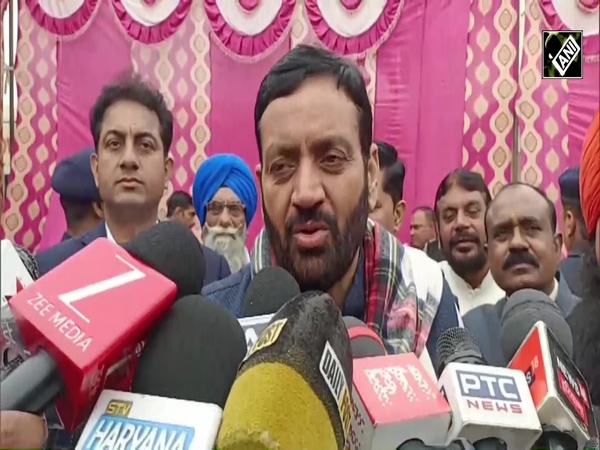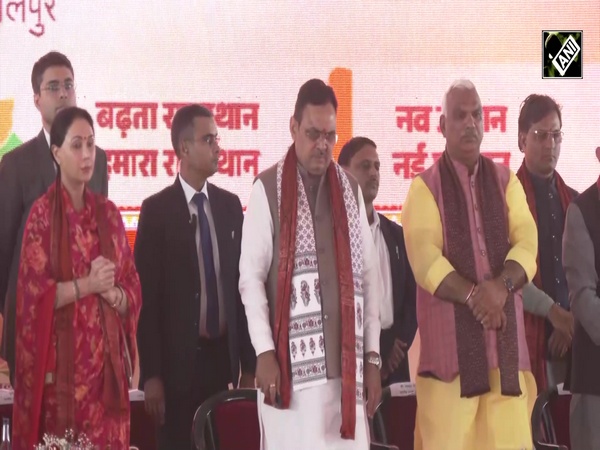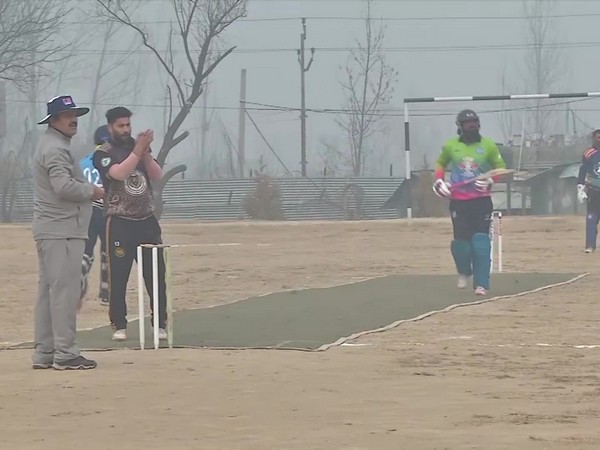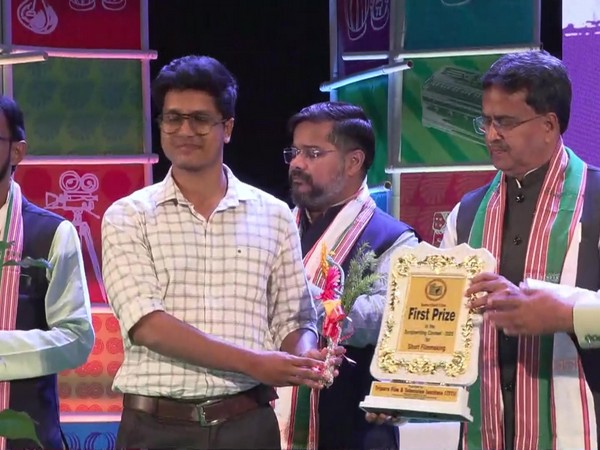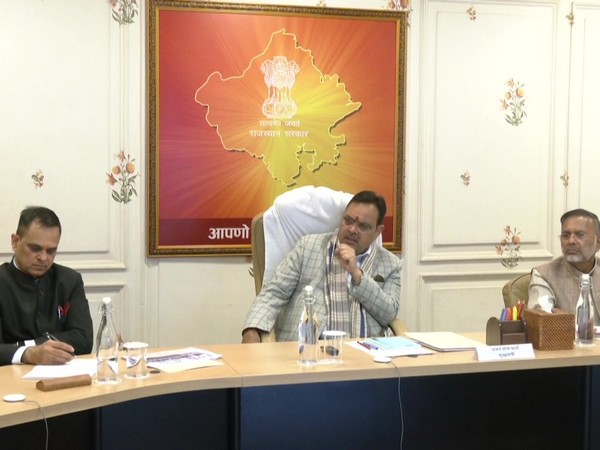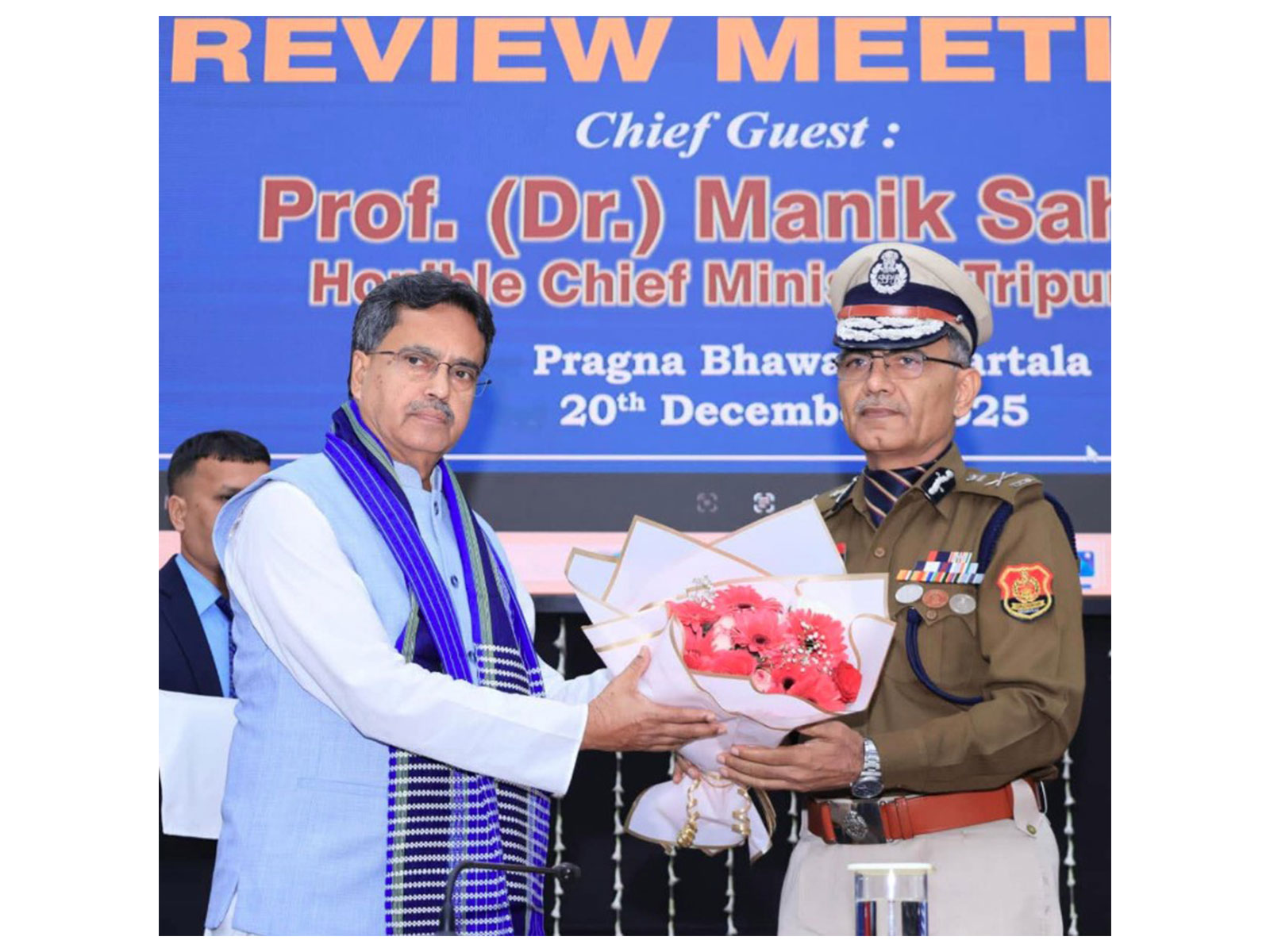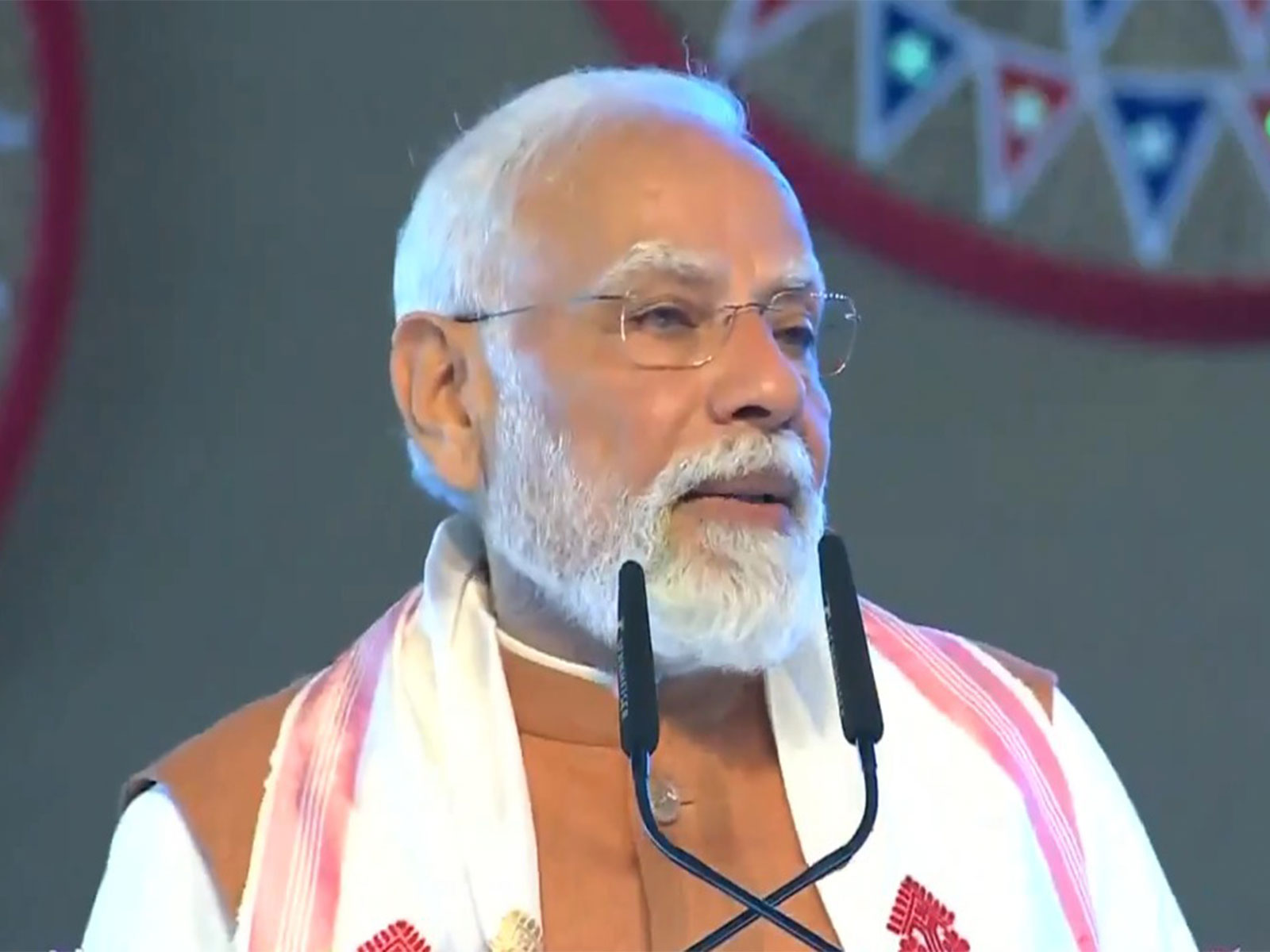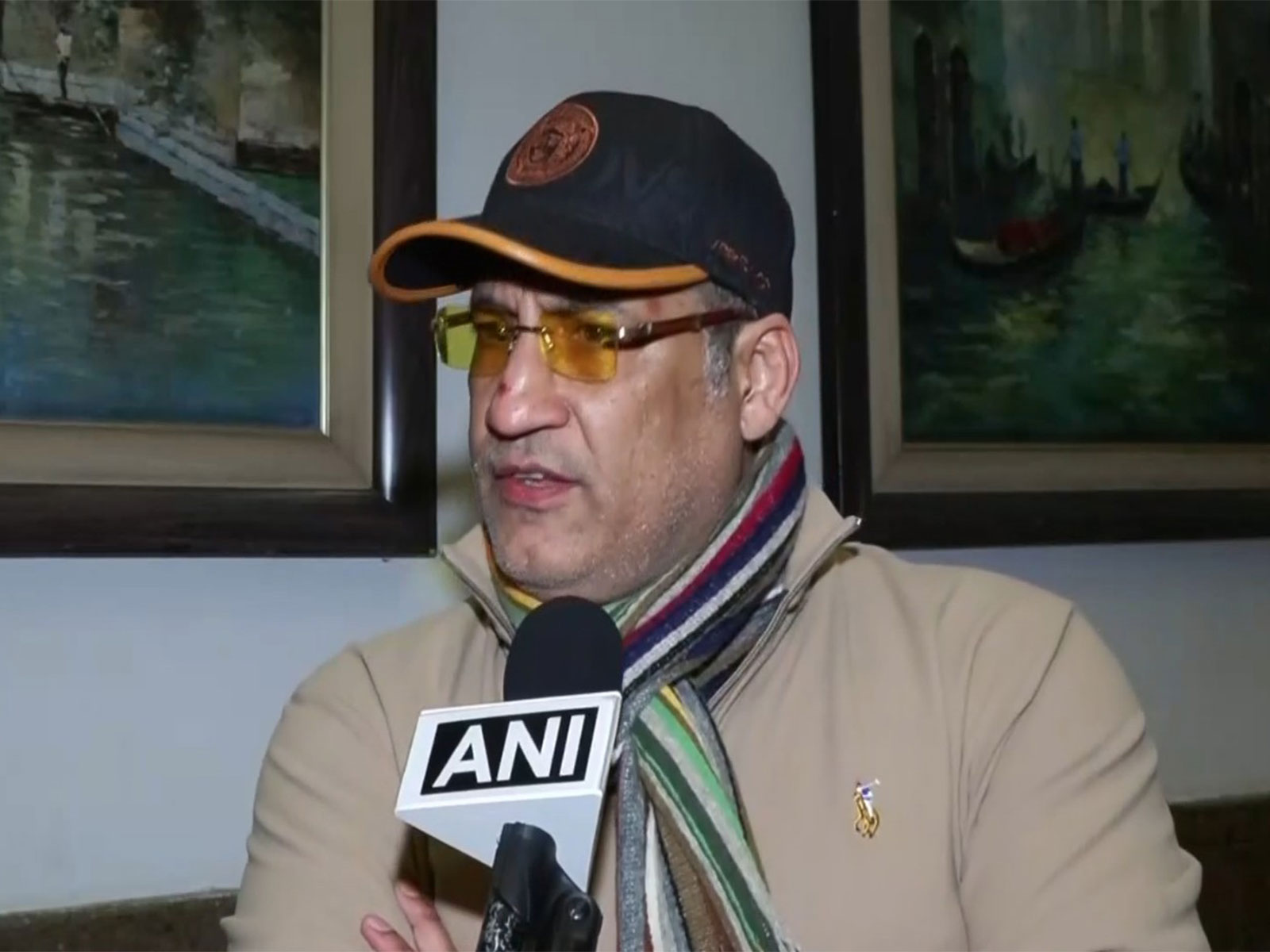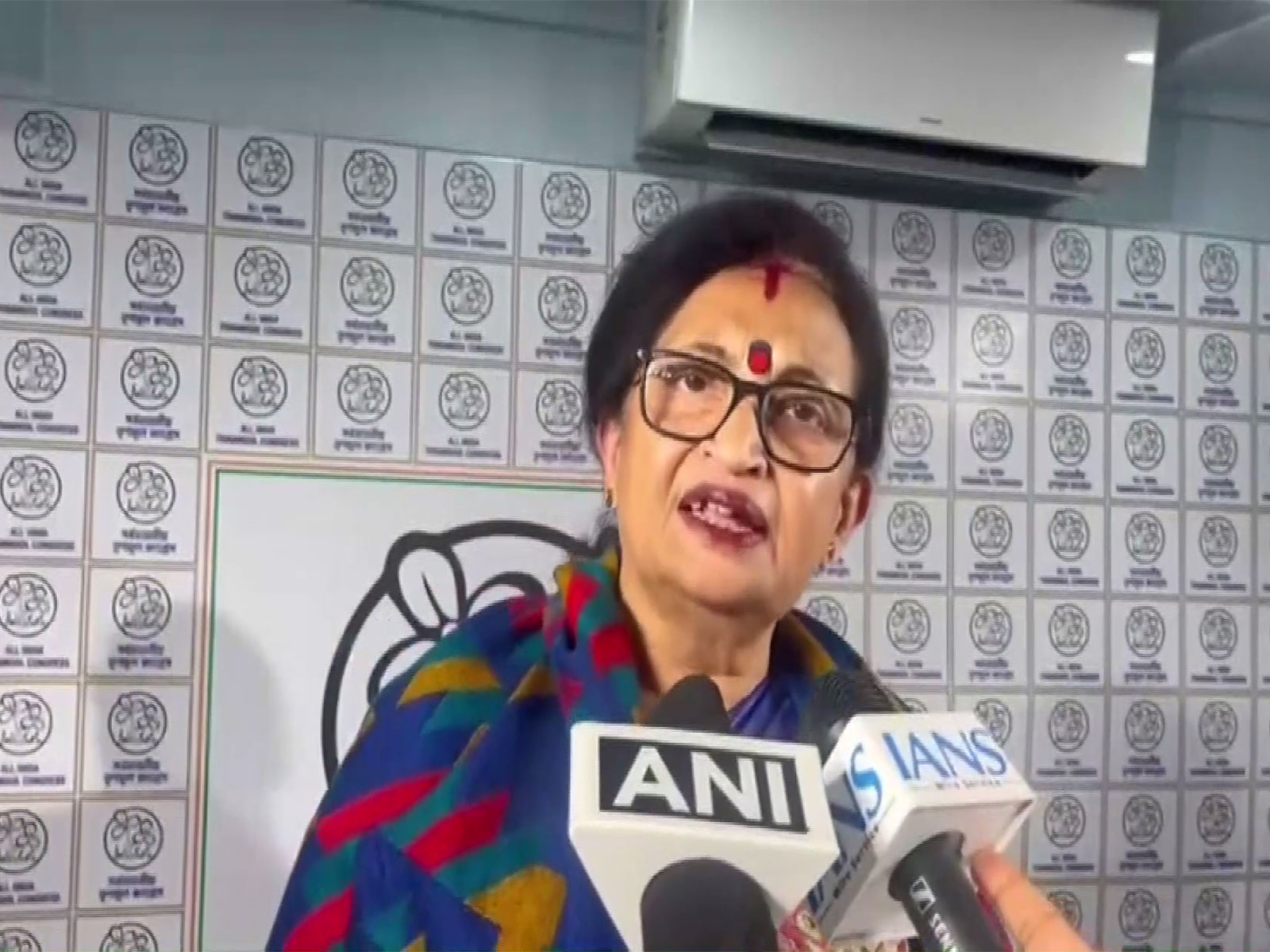
US has become more cautious about its global commitments: Jaishankar
Nov 06, 2024
Canberra [Australia], November 6 : US has become much more cautious about its global commitments and there are pressures on resources, External Affairs Minister S Jaishankar has said and noted that it is also important to look the scenario more nationally than just in terms of the administration of the day in the United States.
Jaishankar, who spoke at an event 'Raisina Down Under' here, said preparing for a global workplace would be among top three priorities for India and issues like education, mobility and technology need to be addressed together by countries.
Answering a query on US presidential elections, Jaishankar said that to some degree it is natural the people would contrast the candidates, their views and preferences..
" The fact is probably starting from Obama, US has become much more cautious about its global commitments. President Trump might be more articulate, and expressive in that regard but the reality is, after all it was President Biden who withdrew from Afghanistan and it was President Obama who said that he would be very cautious about committing American troops to any future conflicts," he said.
"It is also important to look more nationally than just purely in terms of their ideology of the administration of the day... and if one looks nationally there are factors...it is a resource issue, there are pressures on the resources in the US...there are conclusions for all of us to draw...we should be analysing them rather than projecting our preferred outcome or expectation," he added.
Answering another query, Jaishankar said a certain level of human resource will be required to drive a world of deeper technology applications in daily lives.
"For Indian Foreign Policy, I would certainly say, preparing for a global workplace would be among our top three priorities, and it is not easy preparing for a global workplace partly because we don't know what a global workplace is going to look like....if you dial back a bit, if you're looking at a world of deeper technology applications in our daily lives, that will require a certain human resource to drive it - and the reality of the world is that human resources are very uneven; so I don't think it should be approached really as who is exporting whom to which country. We will have to look at the resources in a way as a sort of a common pool and say, okay, how do we optimally prepare these resources so that they are available to the world," he said.
"If you're going to have a technology-driven world, you better have an education-driven world and if you're going to have an education-driven world, it cannot be done nationally. People may be national, but the skills preparation is too complicated to be done nationally. Someone who's coming to New Zealand and Australia - there will be a time in the not-distant future where they may not end up staying in New Zealand or Australia. It is very likely that they will come, get their degrees, and move on. But we just don't want them to come to Australia and New Zealand, we want Australia and New Zealand to come to India as well," he added.
The minister suggested preparing students in a way that they a globally available resource pool.
"We have today a little more than a million students, 1.2 million, I think, abroad, at a given time. The reality is that these numbers are not big enough for the kind of future that the world is looking at. We will have to get the numbers up in India, on location, at cost, and then prepare it in a way as a globally available resource pool - and that, I would argue - if I were to pick one subject for us to work on, education to me would be really very high. There would be others as well, mining for example, with Australia. We've spoken about dairy with New Zealand. But definitely, education, mobility, technology - they are part of a package which needs to be addressed together," he said.
Jaishankar is on a five-day visit Australia from November 3 to 7.
The second edition of Raisina Down Under has been hosted by the Observer Research Foundation (ORF) and the Australian Strategic Policy Institute (ASPI), in partnership with the Ministry of External Affairs, India and the Department of Foreign Affairs and Trade, Australia.
